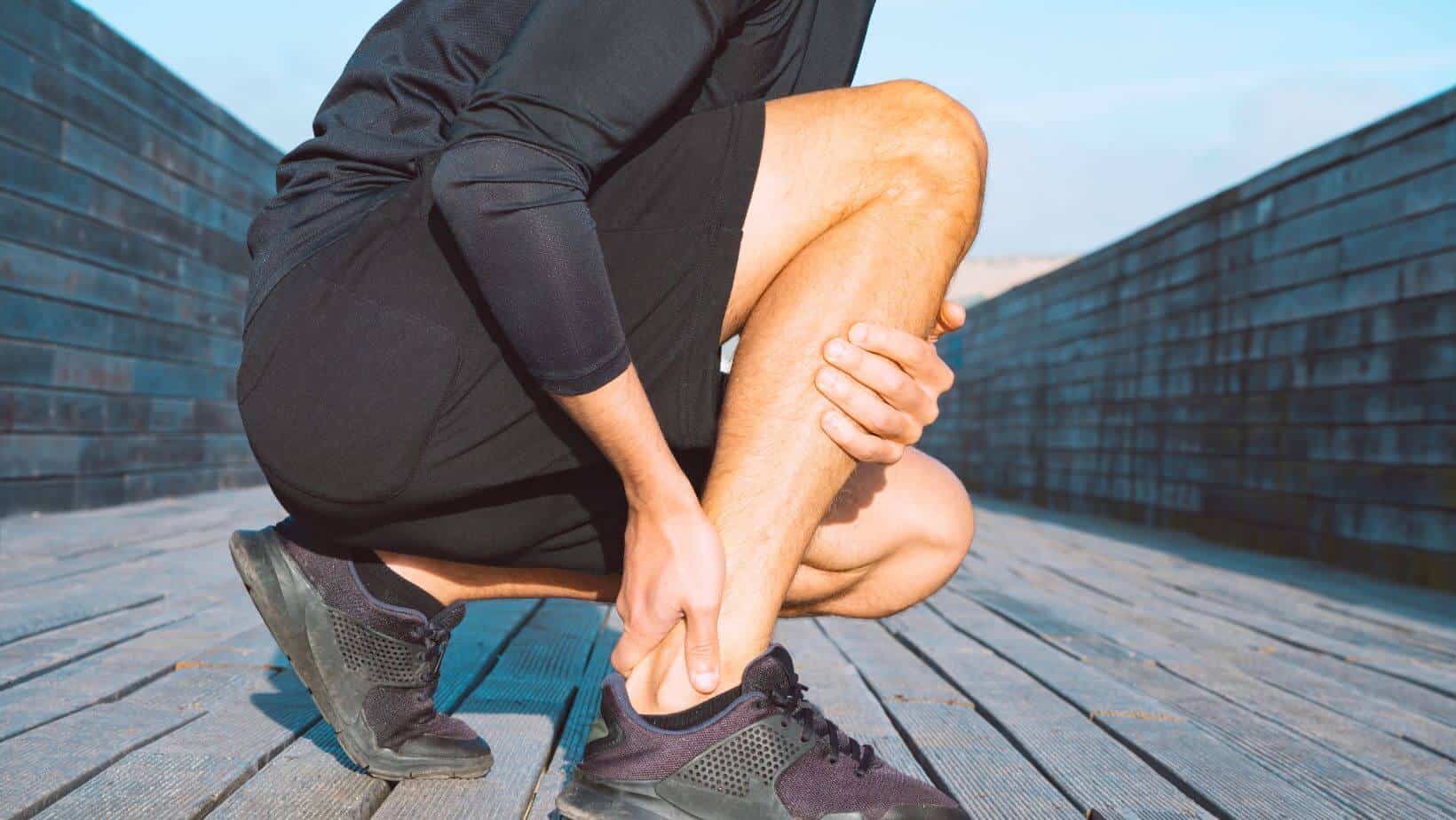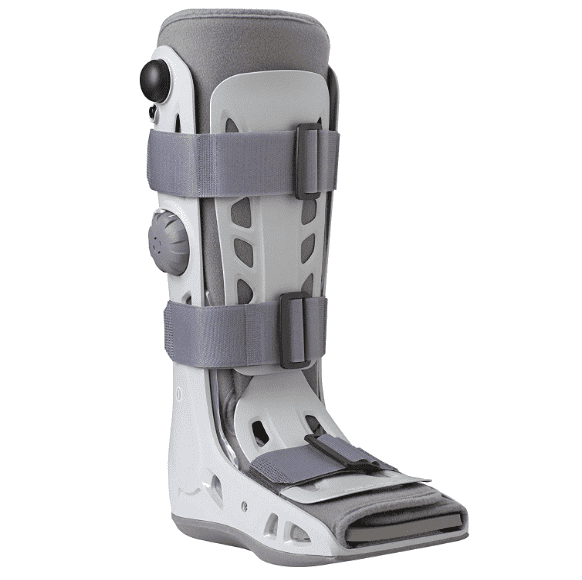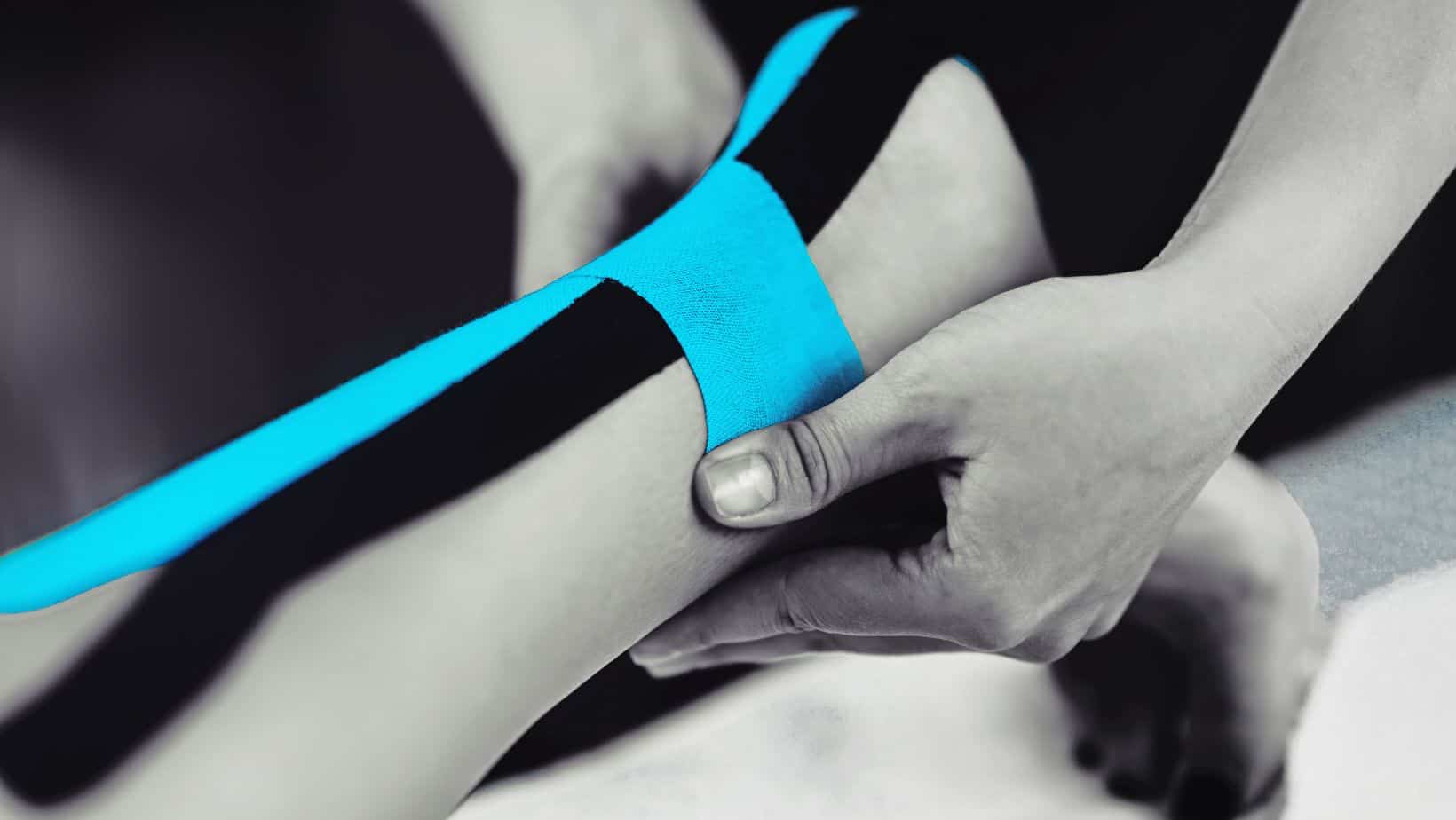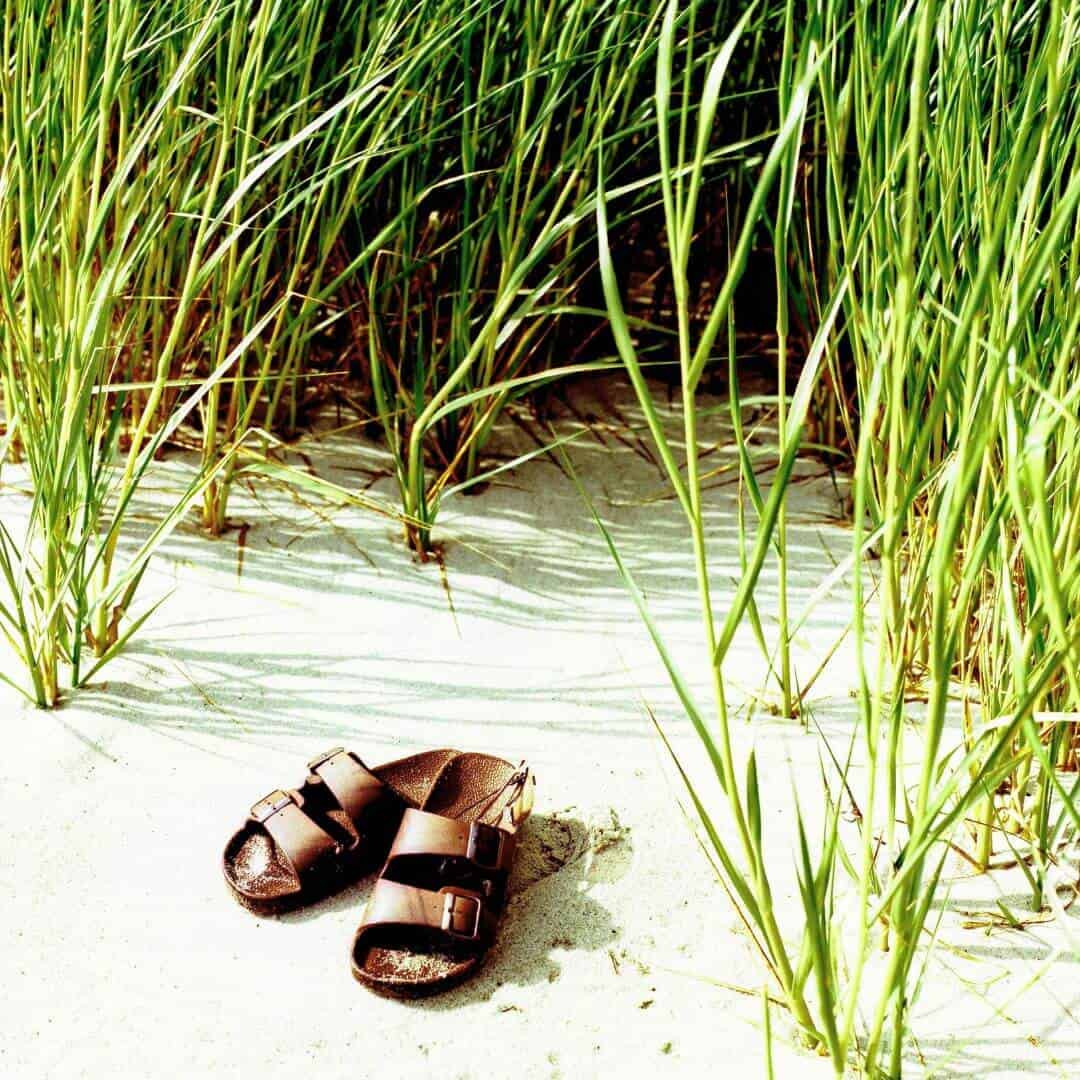Achilles Tendinopathy: Achilles Tendon Pain
Read More >
Achilles Tendonitis can be a painful and debilitating condition leading to pain when walking and running. Physical Therapy is the most effective form of treatment for Achilles Tendonitis, and it takes 6-12 weeks for it to heal, depending on the irritability and severity of the condition.
In most cases, Achilles Tendonitis does go away with adequate treatment. Usually, this is with a strengthening program under a physical therapist’s guidance. In stubborn instances in which this is unsuccessful, a period in a walker boot may be required, and in rare cases, debridement surgery is necessary to resolve Achilles Tendonitis.
Achilles Tendonitis feels stiff and tight first thing in the morning and when walking after a period of sitting. There is a dull ache in the middle of the tendon when walking or running, with some people describing it as a burning sensation.
The Achilles Tendon attaches to the back of the heel bone, which forms part of the ankle joint. However, Achilles Tendonitis pain is isolated to the tendon only and not any other part of the ankle joint.
Other conditions that cause pain at the back of the ankle are Insertional Achilles Tendonitis and Posterior Ankle Impingement.

We recommend taking the following steps to heal your Achilles Tendonitis as quickly as possible:
A study by Zhang et al., 2012. compared acupuncture to eccentric exercises and found that acupuncture effectively provides pain relief to Achilles Tendonitis.
Platelet-rich plasma (PRP) injections have been widely suggested to treat Achilles Tendonitis. However, a recent systematic review by Nauwelaers et al., 2021, reviewed 367 studies on the use of PRP for Achilles Tendonitis and found no clinical benefit of PRP for Achilles Tendonitis.
There is no evidence whatsoever that apple cider vinegar has any benefit for pain relief or as a cure for Achilles Tendonitis.

A walking boot is beneficial for treating Achilles Tendonitis when patients have an extremely painful episode of pain. Immobilisation of the foot in a walker boot allows the patient to walk short distances while minimising the load that goes through the tendon.
Ortega-Castillo et al., 2020, carried out a systematic review of KT on upper and lower limb tendinopathies and found that most studies on their effect are of poor quality and of the limited studies where the quality of evidence was sufficient, there was no evidence to suggest that KT Tape is beneficial for the treatment of lower limb tendinopathies.


A sudden change in shoes can cause Achilles Tendonitis. A classic example of this that we frequently see in clinics is people wearing flip-flops or sandals in the summer. Their limited support can overload the Achilles Tendon. Other times changing your running shoes, especially the heel height, can cause Achilles Tendonitis.
This is not medical advice. We recommend a consultation with a medical professional such as James McCormack. He offers Online Physiotherapy Appointments for £60.
Related Article: Achilles Tendonitis Treatment